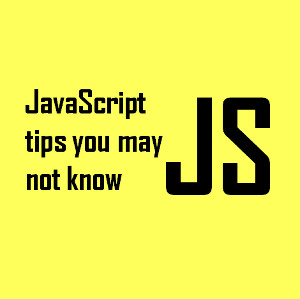Using JNDI and JPA for J2EE Container- Free Code Testing
Published on 03 November 14
0
This blog is listed under
Development & Implementations
and Networks & IT Infrastructure
Community
Related Posts:
Post a Comment

 Celin
Celin








